 Your new post is loading...
 Your new post is loading...
“Skills young people should be learning to be prepared for a career in 2020 include:
The ability to concentrate, to focus deeply.
The ability to distinguish between the “noise” and the message in the ever-growing sea of information. The ability to do public problem solving through cooperative work. The ability to search effectively for information and to be able to discern the quality and veracity of the information one finds and then communicate these findings well. Synthesizing skills (being able to bring together details from many sources). The capability to be futures-minded through formal education in the practices of horizon-scanning, trends analysis and strategic foresight.” Learn more / En savoir plus / Mehr erfahren: https://gustmees.wordpress.com/2015/05/26/what-are-the-skills-needed-from-students-in-the-future/
Via Gust MEES
Teaching students good learning strategies would ensure that they know how to acquire new knowledge, which leads to improved learning outcomes, writes lead author Helen Askell-Williams of Flinders University in Adelaide, Australia. And studies bear this out. Askell-Williams cites as one example a recent finding by PISA, the Programme for International Student Assessment, which administers academic proficiency tests to students around the globe, and place American students in the mediocre middle. “Students who use appropriate strategies to understand and remember what they read, such as underlining important parts of the texts or discussing what they read with other people, perform at least 73 points higher in the PISA assessment—that is, one full proficiency level or nearly two full school years—than students who use these strategies the least,” the PISA report reads. Learn more / En savoir plus / Mehr erfahren: https://gustmees.wordpress.com/2014/10/03/design-the-learning-of-your-learners-students-ideas/ https://gustmees.wordpress.com/2015/07/19/learning-path-for-professional-21st-century-learning-by-ict-practice/
Via Gust MEES, Nancy Jones
There is a new platform for immersive learning games that’s taking classrooms across the world by storm. Based on the same principles as interactive Escape The Room digital games — which challenge players to use their surroundings to escape a prison-like scenario — Breakout EDU is a collaborative learning experience that enhances critical thinking and creativity while fostering a growth mindset in students.
There are two types of games available for teachers to run in their classrooms: the physical games (which are the main games) use the Breakout EDU box (or any box with a hasp that can be locked) with a set of locks, and the digital games which only need internet-connected devices.
Gameplay revolves around a Breakout EDU box that has been locked with multiple and different locks including directional locks, word locks, and number locks. After listening to a game scenario read by the teacher, students must work together to find and use clues to solve puzzles that reveal the various lock combinations before time expires (usually 45 minutes). Teachers can either purchase the Breakout EDU kit, which includes a plastic or wooden box and a set of locks, or the individual pieces of the kit can be ordered from Amazon directly. Either way, it takes about $100 to get started with the physical games; the digital games are free. Learn more / En savoir plus / Mehr erfahren: http://www.scoop.it/t/21st-century-learning-and-teaching/?tag=Gamification
Via Gust MEES
What is professional development? It is pretty much anything that helps one develop professionally. At the heart, professional development is about growth and learning. In the field of education, it seems like many quickly think of educational opportunities that mimic what they see in their schools. As a result, they turn professional learning and education into schooling. The problem with that is that schooling is too limiting. In this age, there are many other exciting and high-impact learning opportunities for teachers that extend beyond traditional notions of schooling. When we hear the phrase “professional development,” certain practices likely come to mind, things like in-services and conferences. In the digital age, there are countless other opportunities for professional development and restricting one’s thoughts to just a few options limits our insight into what is possible for our students. With that in mind, here is a brainstorm of 20 options available to educators today. This is far from an exhaustive list, but it is enough to start exploring the possibilities. Feel free to suggest others in a comment to this post. Learn more: Professional Development: WHY EDUcators And TEACHers Can’t Catch UP THAT Quickly AND How-To Change It LEARNing To LEARN For MY Professional Development | I Did It MY Way
Via Gust MEES, Liz Bujaki
|
False growth mindset is saying you have growth mindset when you don’t really have it or you don’t really understand [what it is]. It’s also false in the sense that nobody has a growth mindset in everything all the time. Everyone is a mixture of fixed and growth mindsets. You could have a predominant growth mindset in an area but there can still be things that trigger you into a fixed mindset trait. Something really challenging and outside your comfort zone can trigger it, or, if you encounter someone who is much better than you at something you pride yourself on, you can think “Oh, that person has ability, not me.” So I think we all, students and adults, have to look for our fixed-mindset triggers and understand when we are falling into that mindset.
I think a lot of what happened [with false growth mindset among educators] is that instead of taking this long and difficult journey, where you work on understanding your triggers, working with them, and over time being able to stay in a growth mindset more and more, many educators just said, “Oh yeah, I have a growth mindset” because either they know it’s the right mindset to have or they understood it in a way that made it seem easy. Learn more / En savoir plus / Mehr erfahren: http://www.scoop.it/t/21st-century-learning-and-teaching/?tag=Growth+Mindset https://gustmees.wordpress.com/2016/11/14/pssst-the-most-important-in-education-understanding/ https://gustmees.wordpress.com/2016/11/01/getting-ready-for-modern-education-first-try-to-understand-what-it-is/
Via Gust MEES
Shifting to “Learn by Doing” Becker of NMC says just as the role of the teacher is switching from “sage on the stage” to one of a coach or guide, there is a shift from rote to active learning. To foster skills of teamwork and collaboration, online education is incorporating group projects and hands-on labs to help students think more critically and retain the content. Building on the concept of “learn by doing,” online education is expanding to connect students from around the world to learn together and meet professionals. Morris is also executive director of the Center for Interactive Learning and Collaboration, which partners with more than 200 cultural organizations, such as art museums, to offer real-time interaction with experts in various fields. This exposure can help answer student questions about the relevance of a geometry class, for instance. “To answer the questions of why you are doing it is key,” says Morris. “[Students] are motivated when they understand and have a reason to understand the material.” Learn more / En savoir plus / Mehr erfahren: http://www.scoop.it/t/21st-century-learning-and-teaching
Via Elizabeth E Charles, Yashy Tohsaku, Gust MEES
Teaching students good learning strategies would ensure that they know how to acquire new knowledge, which leads to improved learning outcomes, writes lead author Helen Askell-Williams of Flinders University in Adelaide, Australia. And studies bear this out. Askell-Williams cites as one example a recent finding by PISA, the Programme for International Student Assessment, which administers academic proficiency tests to students around the globe, and place American students in the mediocre middle. “Students who use appropriate strategies to understand and remember what they read, such as underlining important parts of the texts or discussing what they read with other people, perform at least 73 points higher in the PISA assessment—that is, one full proficiency level or nearly two full school years—than students who use these strategies the least,” the PISA report reads. Learn more / En savoir plus / Mehr erfahren: https://gustmees.wordpress.com/2014/10/03/design-the-learning-of-your-learners-students-ideas/ https://gustmees.wordpress.com/2015/07/19/learning-path-for-professional-21st-century-learning-by-ict-practice/
Via Gust MEES
Perhaps the most important reason for developing metacognition is that it can improve the application of knowledge, skills, and character qualities in realms beyond the immediate context in which they were learned. This can result in the transfer of competencies across disciplines—important for students preparing for real-life situations where clear-cut divisions of disciplines fall away and one must select competencies from the entire gamut of their experience to effectively apply them to the challenges at hand. Even within academic settings, it is valuable—and often necessary—to apply principles and methods across disciplinary lines. Learn more / En savoir plus / Mehr erfahren: http://www.scoop.it/t/21st-century-learning-and-teaching/?tag=Four-Dimensional+Education%3A+The+Competencies+Learn
Via Gust MEES, Jim Lerman
that it’s important for young people to become economically independent and self-sufficient. But to do that, he argues, they shouldn’t all learn the same thing. Instead, they should be learning to be adaptable, to be innovative, to flow with change, to collaborate and other globalized skills that will apply to whatever area of work they are passionate about pursuing. An education can help expose students to different life paths and support them in finding their passions, while giving them the transferable skills to attack any problem. Learn more / En savoir plus / Mehr erfahren: http://www.scoop.it/t/21st-century-learning-and-teaching/?tag=Sir-Ken-Robinson
Via Gust MEES

|
Rescooped by
Jim Lerman
from AJB
|
What is professional development? It is pretty much anything that helps one develop professionally. At the heart, professional development is about growth and learning. In the field of education, it seems like many quickly think of educational opportunities that mimic what they see in their schools. As a result, they turn professional learning and education into schooling. The problem with that is that schooling is too limiting. In this age, there are many other exciting and high-impact learning opportunities for teachers that extend beyond traditional notions of schooling. When we hear the phrase “professional development,” certain practices likely come to mind, things like in-services and conferences. In the digital age, there are countless other opportunities for professional development and restricting one’s thoughts to just a few options limits our insight into what is possible for our students. With that in mind, here is a brainstorm of 20 options available to educators today. This is far from an exhaustive list, but it is enough to start exploring the possibilities. Feel free to suggest others in a comment to this post. Learn more: Professional Development: WHY EDUcators And TEACHers Can’t Catch UP THAT Quickly AND How-To Change It LEARNing To LEARN For MY Professional Development | I Did It MY Way
Via Gust MEES, Liz Bujaki
|



 Your new post is loading...
Your new post is loading...



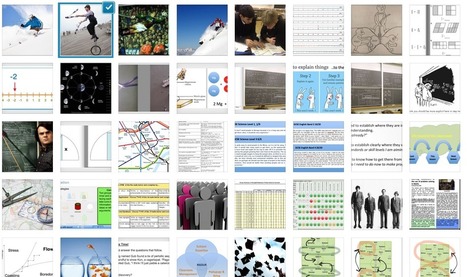


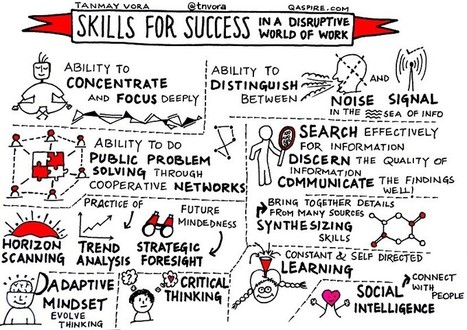

















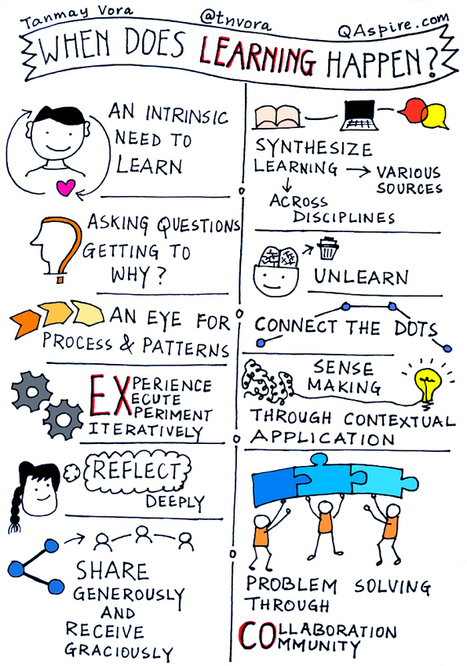










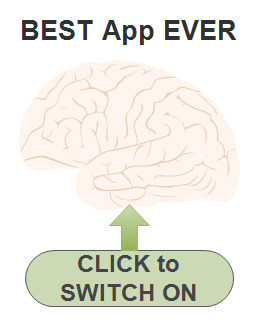


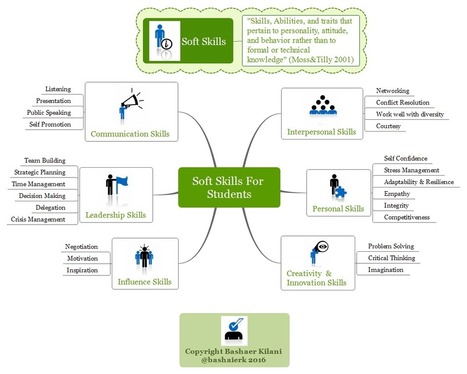

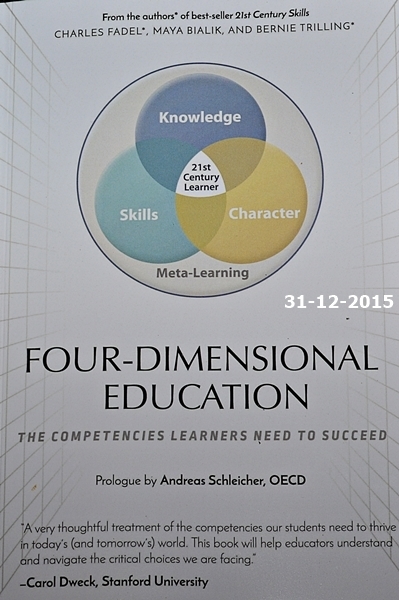
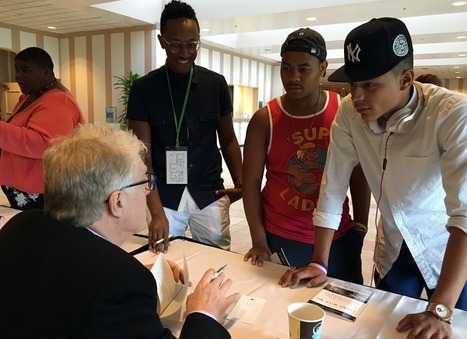




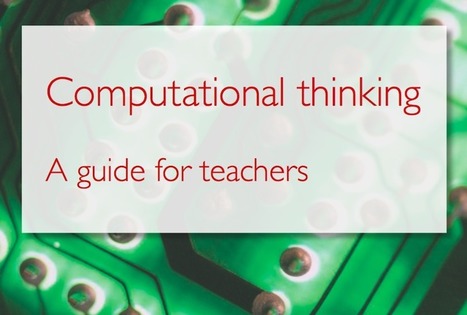

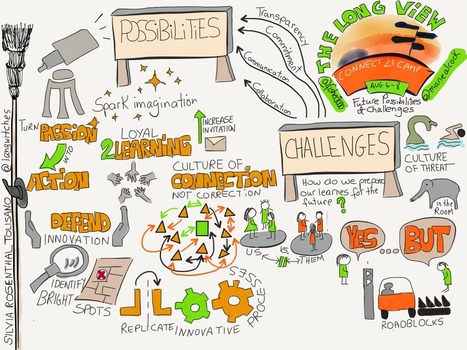







Learn more / En savoir plus / Mehr erfahren:
http://www.scoop.it/t/21st-century-learning-and-teaching/?tag=Raspberry+Pi